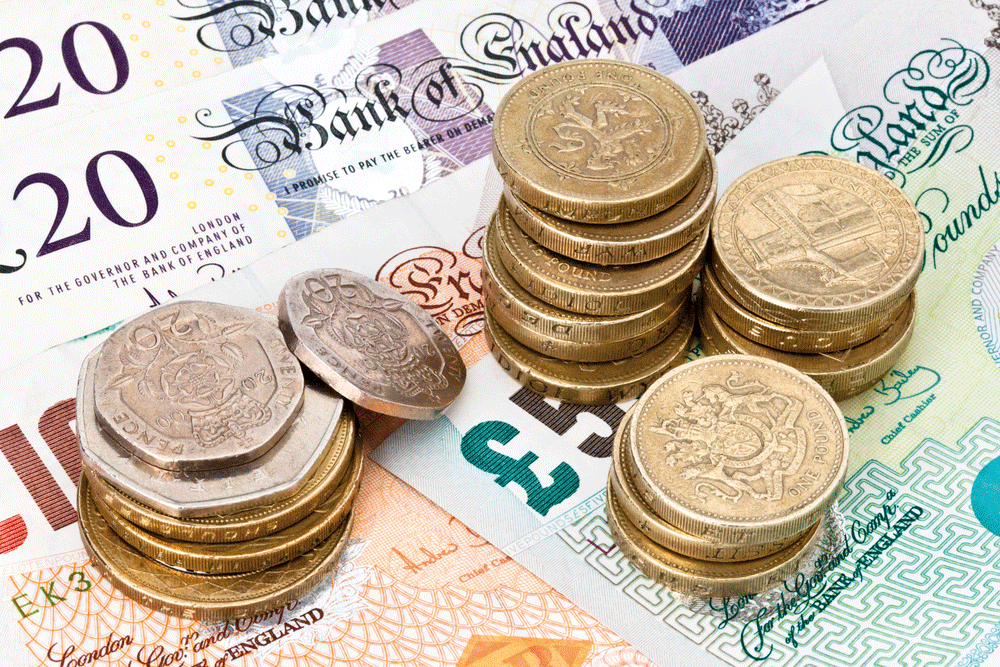Experienced Investor
Weak pound meant UK firms paid out record dividends in final quarter of 2016

A weaker pound following the Brexit vote in June saw UK firms pay out a record £16.6bn in dividends in the final three months of 2016.
Headline dividends climbed 11.7% year-on-year in the fourth quarter, according to the latest UK Dividend Monitor from Capita Asset Services.
This pushed total UK dividends to £84.7bn in 2016, up 6.6% from 2015.
The report said pay-outs were buoyed by a weakening pound as two-fifths of UK dividends are denominated in dollars and euros so translated at more favourable exchange rates.
The headline figure was also buoyed by special dividend pay-outs doubling year-on-year to £6.1bn.
Underlying dividends, which exclude special payments, rose more slowly at 2.6% for the full year, reaching £78.5bn. Without the exchange rate gains, underlying dividends would only have reached £73.7bn because of problems companies have faced improving profitability.

Wellness and wellbeing holidays: Travel insurance is essential for your peace of mind
Out of the pandemic lockdowns, there’s a greater emphasis on wellbeing and wellness, with
Sponsored by Post Office
Justin Cooper, chief executive of Shareholder solutions, part of Capita Asset Services, said 2016 was an unusual year for dividends, which started “pessimistically” but the pound’s devaluation in the summer turned “a rather leaden year golden”.
Sector performance
Dividends from mining firms halved year-on-year to £3.3bn, their lowest since 2009 as a result of dividend cancellations among all the big companies.
Consumer goods dividends rose 5.1% to £11.8bn making it the only industry to increase pay-outs every year since at least 2007.
Financials, the group which pays out the most dividends, raised pay-outs 7.8% to £20.3bn, boosted by a hike from HSBC and specials from Prudential and Lloyds.
Capita forecasts dividends will rise 7.5% to £84.4bn in 2017 on an underlying basis, with two-thirds of this down to the effect of the weaker pound.